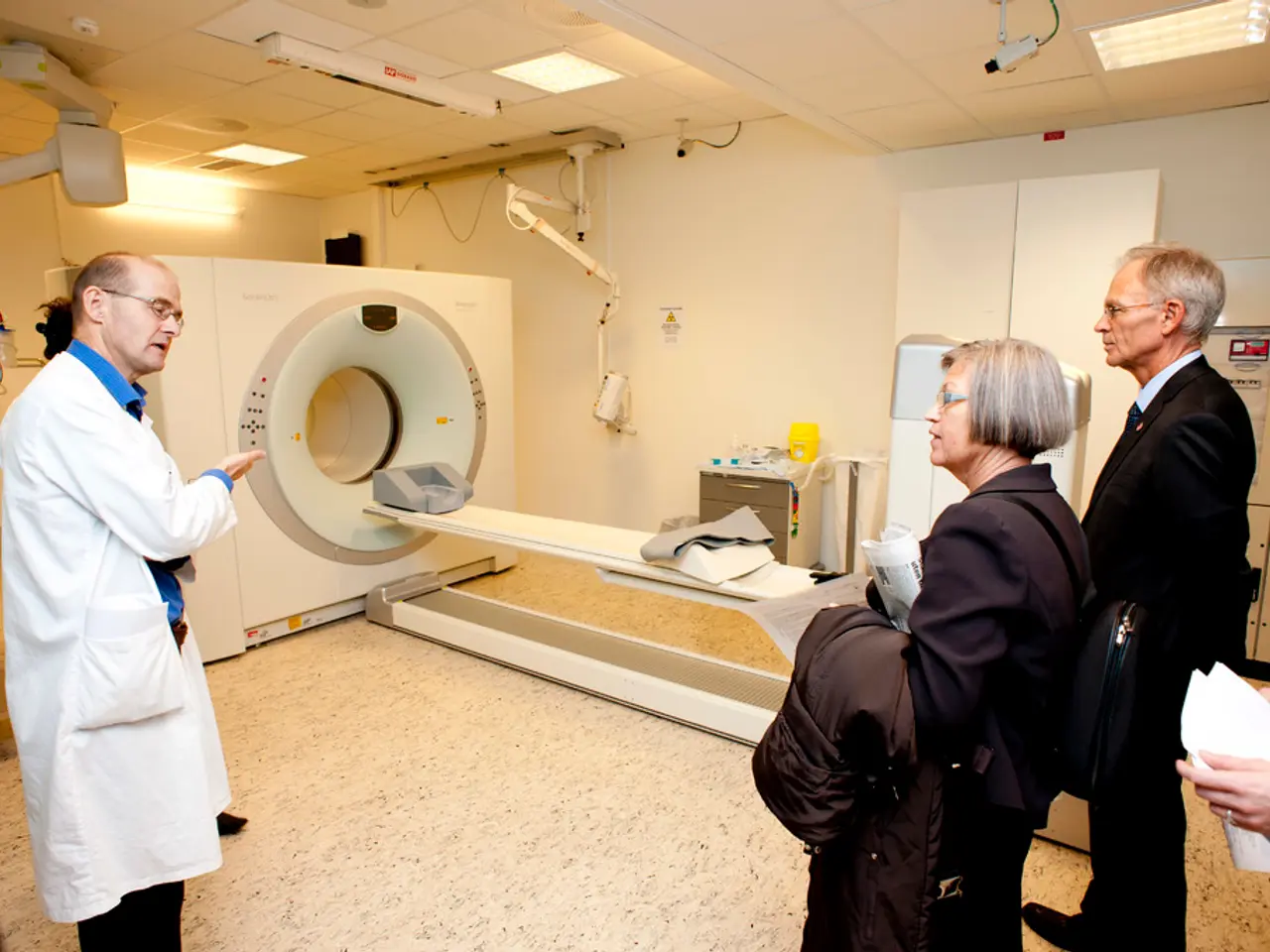Health officials in Nova Scotia emphasize the importance of multidisciplinary teams in enhancing healthcare accessibility.
In a bid to address the significant number of Nova Scotians still lacking primary care, the province has been making strides in recruiting health professionals and establishing multidisciplinary primary care clinics, known as health homes.
According to data from the government, since August 2021, **41 new multidisciplinary primary care clinics, or health homes, have been opened**. Additionally, services have been strengthened at 64 existing health facilities during this period. This expansion has been a key focus for the province, aiming to connect patients to primary care and increase the number of care teams.
NDP caucus chair Sue Leblanc has emphasised the importance of these multidisciplinary clinics, stating, "We need a full-court press on opening these clinics to ensure more access to primary care when they are operational." The clinics, staffed by nurses, nurse practitioners, social workers, mental health professionals, and other health professionals, are attracting doctors, as candidates prefer to work within multidisciplinary team models that allow them to focus more on patients.
While the exact number of new clinics needed to ensure primary care coverage for most Nova Scotians is not specified, the province's health authority is focusing on collaborative care to reduce the primary care wait list. The number of care teams is not static and will be dynamic, according to the Health Department's chief of system performance and integration.
The implementation of these multidisciplinary teams has been successful, with the patient wait list for primary care in Nova Scotia reducing to about 91,400 in June, down from a peak of 160,000 people without primary care a year ago. Three new health clinics in the Halifax area could potentially remove more than 20,000 people from the province's need-a-family-practice registry, contingent on recruiting more professionals to staff the clinics.
As of now, there are 118 health homes or collaborative-care clinics in Nova Scotia. The province continues to work towards ensuring that everyone in the province has access to primary care, and the number of care teams will increase based on geographical need and changes in population.
This report was first published on July 8, 2025, by The Canadian Press, with Keith Doucette as the reporter.
- The expansion in Nova Scotia has included establishing 41 new multidisciplinary primary care clinics, known as health homes, since August 2021, aiming to increase the number of care teams and connect patients to primary care.
- The multidisciplinary clinics, staffed by various health professionals such as nurses, mental health professionals, and social workers, are attracting doctors due to the team models that allow them to focus more on patients.
- The province's health authority is focusing on reducing the primary care waitlist through collaborative care, with the patient waitlist for primary care decreasing to about 91,400 in June, down from a peak of 160,000 people without primary care a year ago.
- The implementation of these multidisciplinary teams also encompasses therapies and treatments for mental health, fitness and exercise, nutrition, and Medicare, as the province continues to strive for health and wellness for all its citizens.




